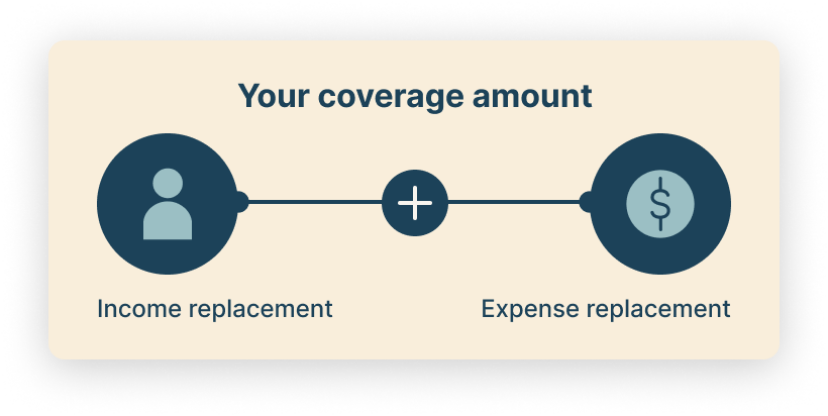Term life
Possible fit for people starting out, looking for an affordable option.

Life insurance helps protect your family and financial goals in the event of premature death. Building your financial plan starts with determining the right amount of life insurance coverage. A conversation with your financial advisor can help you understand what meaningful coverage looks like for you and your family.
Once you and a financial advisor decide how much coverage is needed, they will help you choose which type of life insurance fits your situation.
Possible fit for people starting out, looking for an affordable option.
Possible fit for growing families and professionals looking for stability.
Possible fit for growing families and professionals looking for flexibility.
Possible fit for growing families and professionals looking for flexibility.


Prepare for meeting with a financial advisor about building your financial plan by considering these questions.
Still have questions? Give us a call 800-847-4836 or contact us.